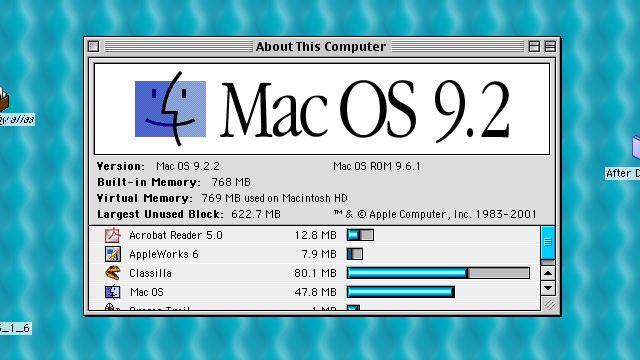

Your RAM with temporary space on your hard disk is combined to form virtual memory Read only Memory (ROM): holds all the instructions the computer needs to start up when it is powered on Expansion slots: plug in sound and video cards and network interface card (NIC) to allow a computer to connect to the Internet Central Processing Unit (CPU): carries out the instructions of a computer program.

central processing unit (CPU), the brain of the computer, network interface card (NIC) to connect to the internet, expansion slots for plug in sound and video and ports which provide connectors for other peripherals Random access memory (RAM): where the programs and data the computer is currently using are stored. This helps with avoiding hackers and viruses, protecting your privacy (identity theft), understanding the real risks, using the web wisely (credible sources), avoiding online annoyances (phishing and malware) and being able to maintain, upgrade, and troubleshoot your computer Unit 2: Understanding Computers and their Parts Key Points: Downloaded Vinoojan Varatharasan Mother Board: Most important part of a computer, it holds: memory which includes ROM (that holds start up instruction) and RAM (that stores any files).
VIDEO FILE FORMAT WAS DEVELOPED BY APPLE COMPUTER FOR BOTH WINDOWS AND MAC OPERATING SYSTEMS SOFTWARE
Preview text CIS Final Review Introduction to Computer Applications SFW (University of Guelph) StuDocu is not sponsored or endorsed any college or university Downloaded Vinoojan Varatharasan CIS (DE) Final Exam Review: Units Unit 1: Why Computers Matter to You Key Points: Crisis Mapping: gathering, display and analysis of data during a crisis, usually a natural disaster or conflict 2010 Haiti Earthquake was first event to use crisis mapping Simulations: using models can be useful for planning ways to prepare for and respond to a future outbreak Digital Divide: disparity in the technology available in different areas of the world Junkyard Jumbotron: software that enables users to create one huge display device from a set of smaller units Virtual choir: choir where none of the singers have to be in the same room, and their voices are often recorded at different times QR (quick response): 2D barcodes with readers available on smartphones and other devices Shared Property: Being advanced technology ex: Rental vehicles Kickstarter: crowdfunding platform that allows people with ideas to ask for funding to pursue them Web 2.0: shift away from static web pages to interactive web applications that allowed the user to participate in the creation of new content Autonomy: The freedom to work without constant direction and control Mastery: The feeling of confidence and excitement from seeing your own skills progress Purpose: The understanding that you are working for something larger than yourself Computer literate: Being familiar enough with computers that you understand their capabilities and limitations.


 0 kommentar(er)
0 kommentar(er)
